Dhaka, Nov 7 (V7N) — Today marks the 50th anniversary of Bangladesh’s National Revolution and Solidarity Day, commemorating the historic uprising of soldiers and civilians on November 7, 1975. The day is remembered as a turning point that ended political chaos and set the nation on a new course.
Following the assassination of Bangabandhu Sheikh Mujibur Rahman on August 15, 1975, Bangladesh plunged into political instability marked by successive military coups. Amid the turmoil, soldiers and civilians united in a historic movement that freed then-Chief of Army Staff Major General Ziaur Rahman from brief detention, helping restore order nationwide.
Supporters consider the November 7 uprising a defining moment that reaffirmed Bangladesh’s national identity and sovereignty. Under Ziaur Rahman’s leadership, the nation pursued political stability, self-reliance, and the revival of Bangladeshi nationalism. His presidency, later confirmed through popular mandate, brought reforms in politics, the economy, and defense, reinforcing national pride and independence.
A decorated freedom fighter and sector commander during the 1971 Liberation War, Ziaur Rahman is also remembered for proclaiming Bangladesh’s independence from Kalurghat, Chattogram. He founded the Bangladesh Nationalist Party (BNP) in 1978 and promoted rural development, decentralization, and economic reforms. His assassination in 1981 during a failed coup left a lasting impact on the nation’s politics.
BNP and allied parties have long observed November 7 as National Revolution and Solidarity Day. While BNP-led governments recognized it as a national holiday, subsequent Awami League governments removed its official status. Despite this, BNP continues to honor the day with rallies, prayers, and discussions on Ziaur Rahman’s legacy.
This year’s observance is particularly significant, marking 50 years since the uprising that supporters say “rescued the nation from chaos and restored the spirit of sovereignty.” Central and district BNP units have organized events including processions, prayers, and discussions reflecting on Ziaur Rahman’s pivotal role in shaping modern Bangladesh.
As the nation remembers November 7, the day remains a powerful symbol of unity, dignity, and national purpose under the leadership of Shaheed President Ziaur Rahman.
END/SMA/AJ/



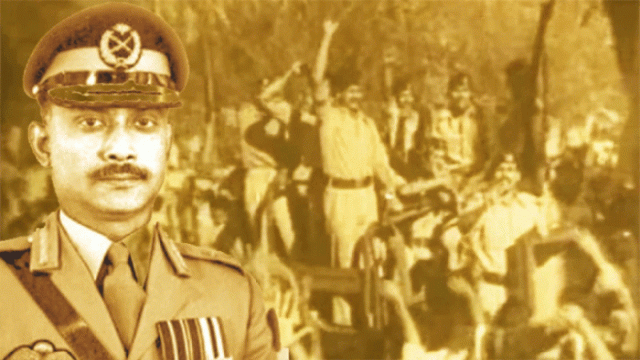
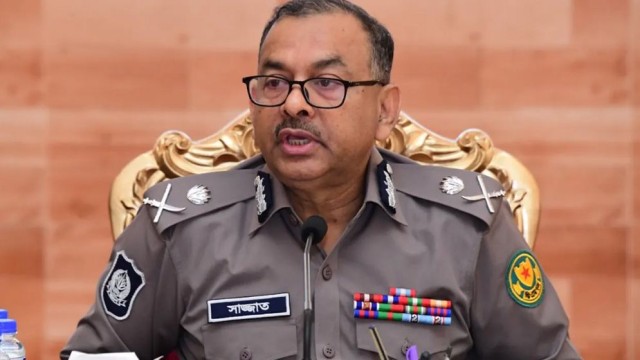
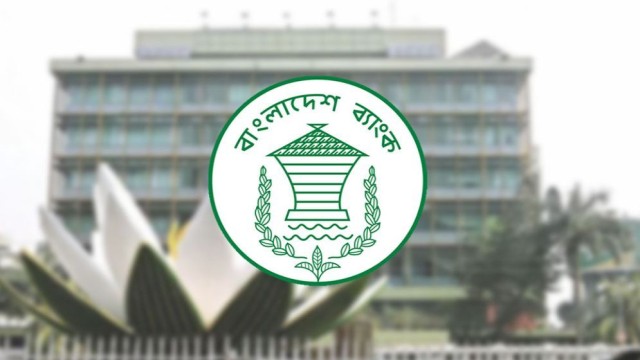
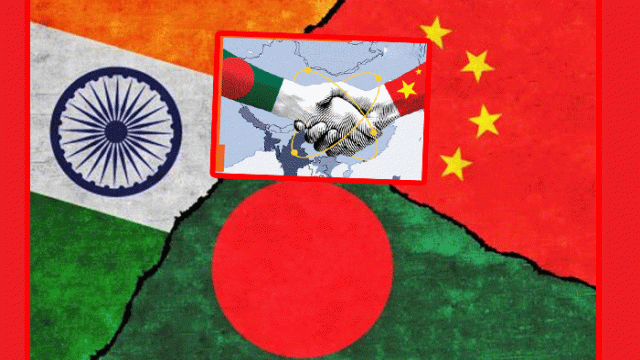



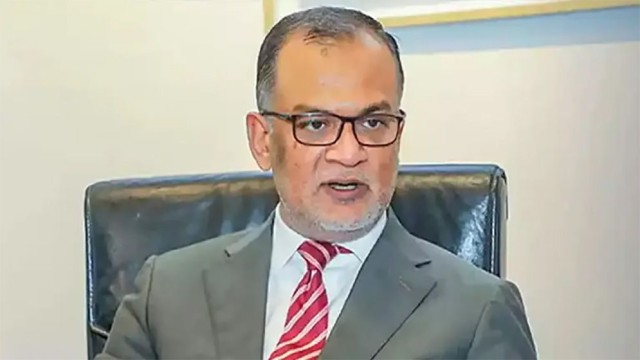
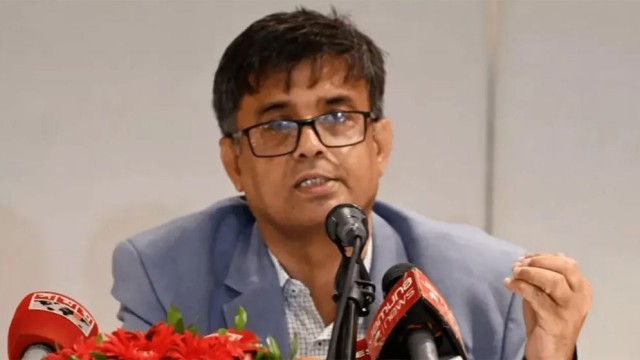


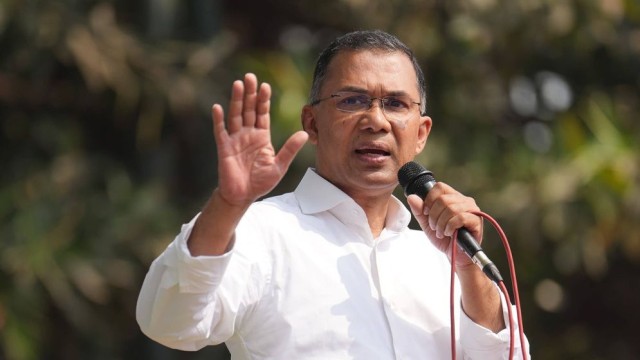
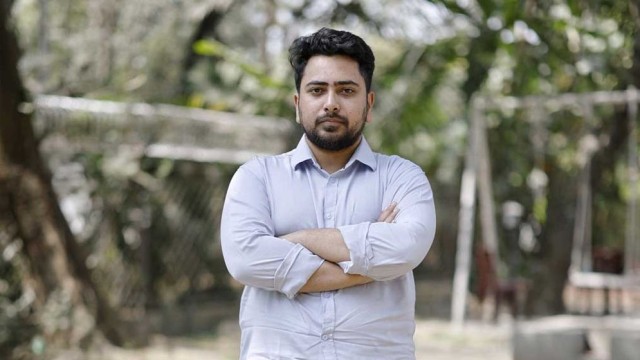
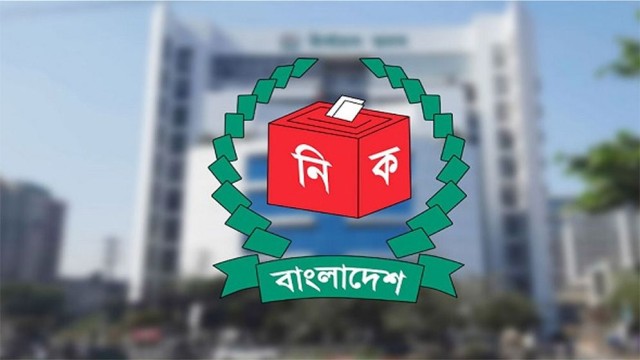
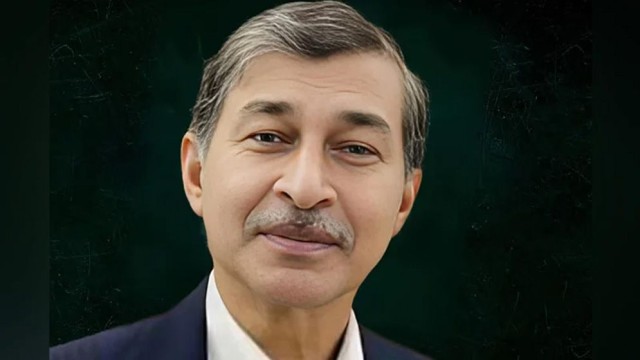

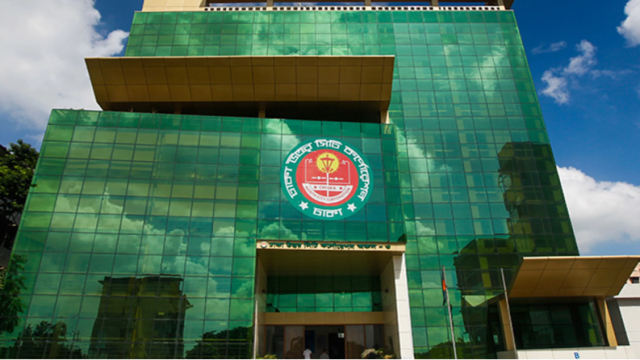






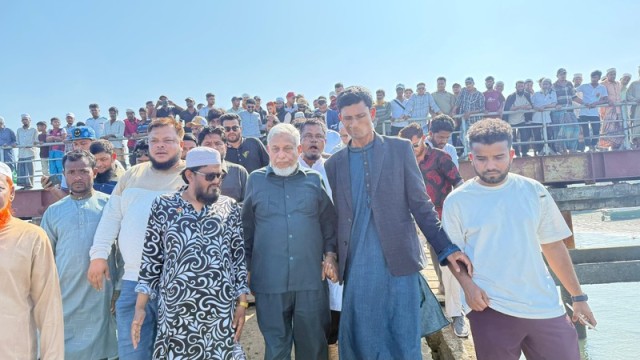
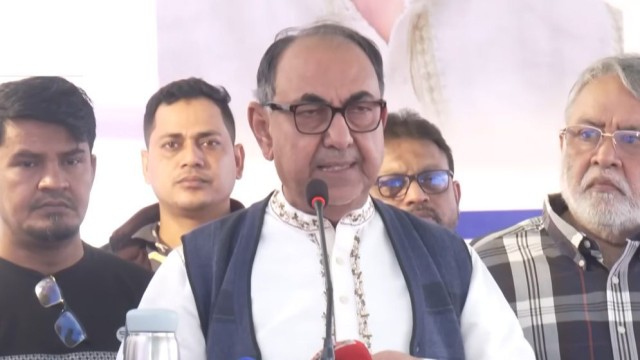

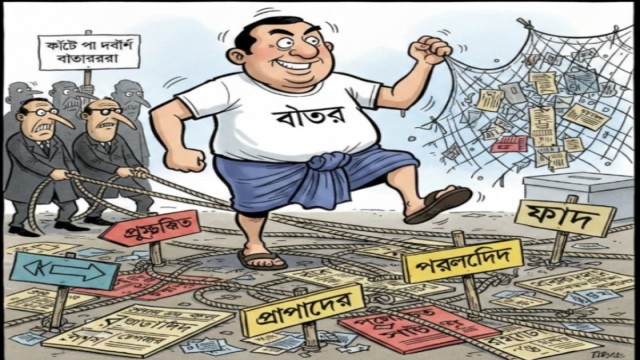
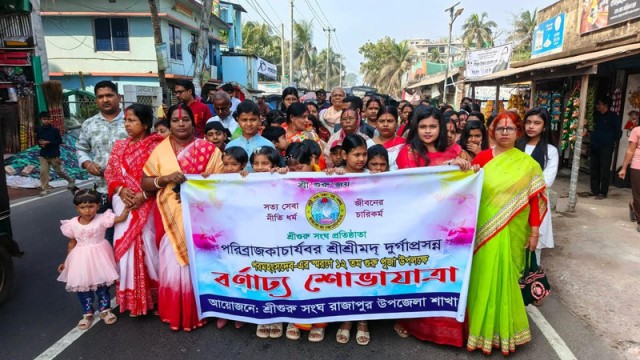
Comment: